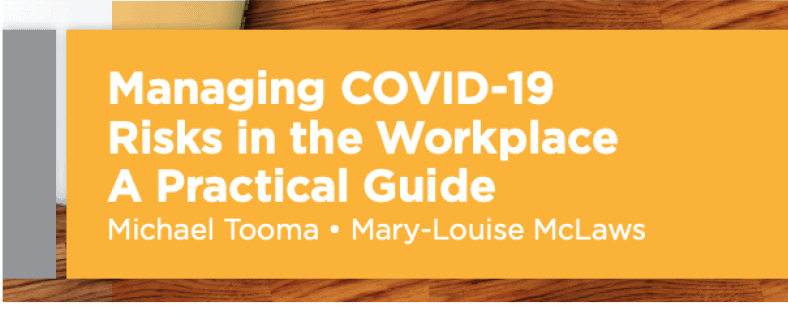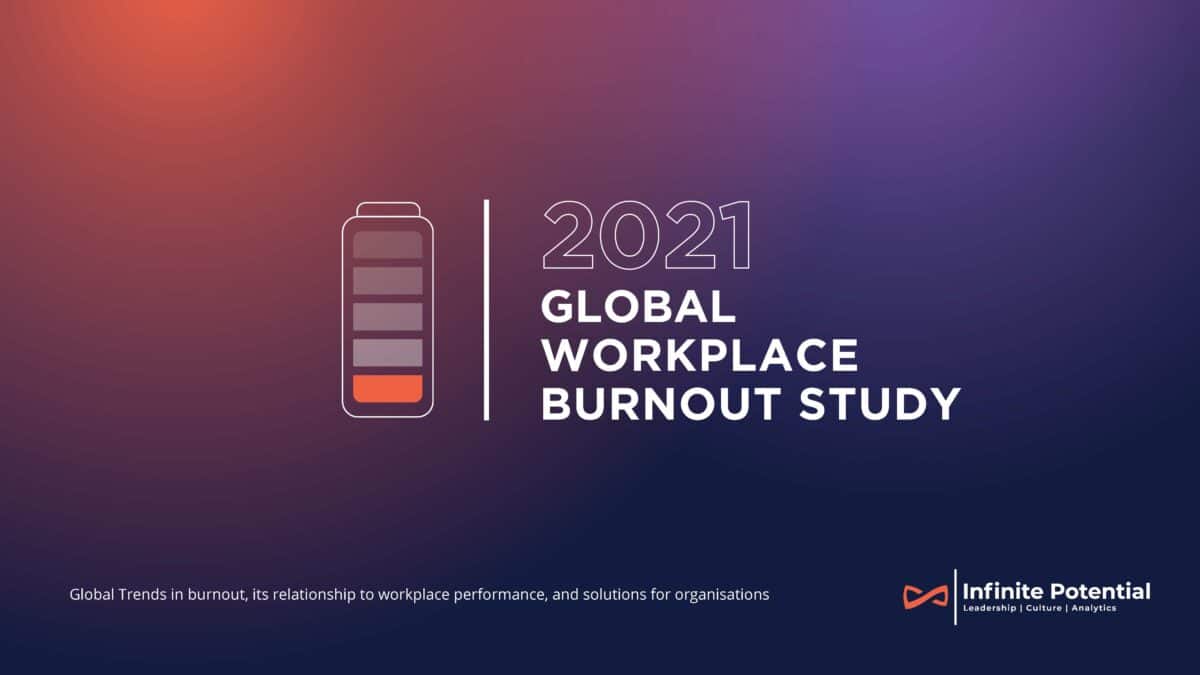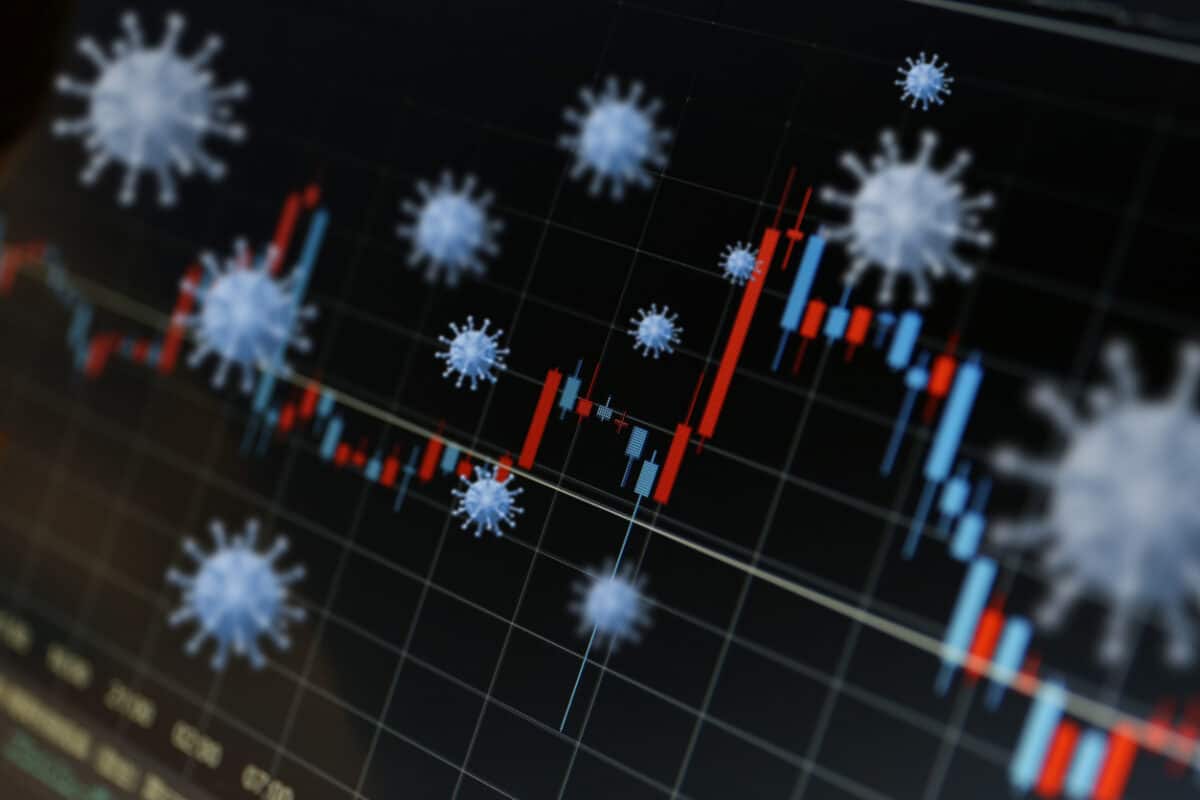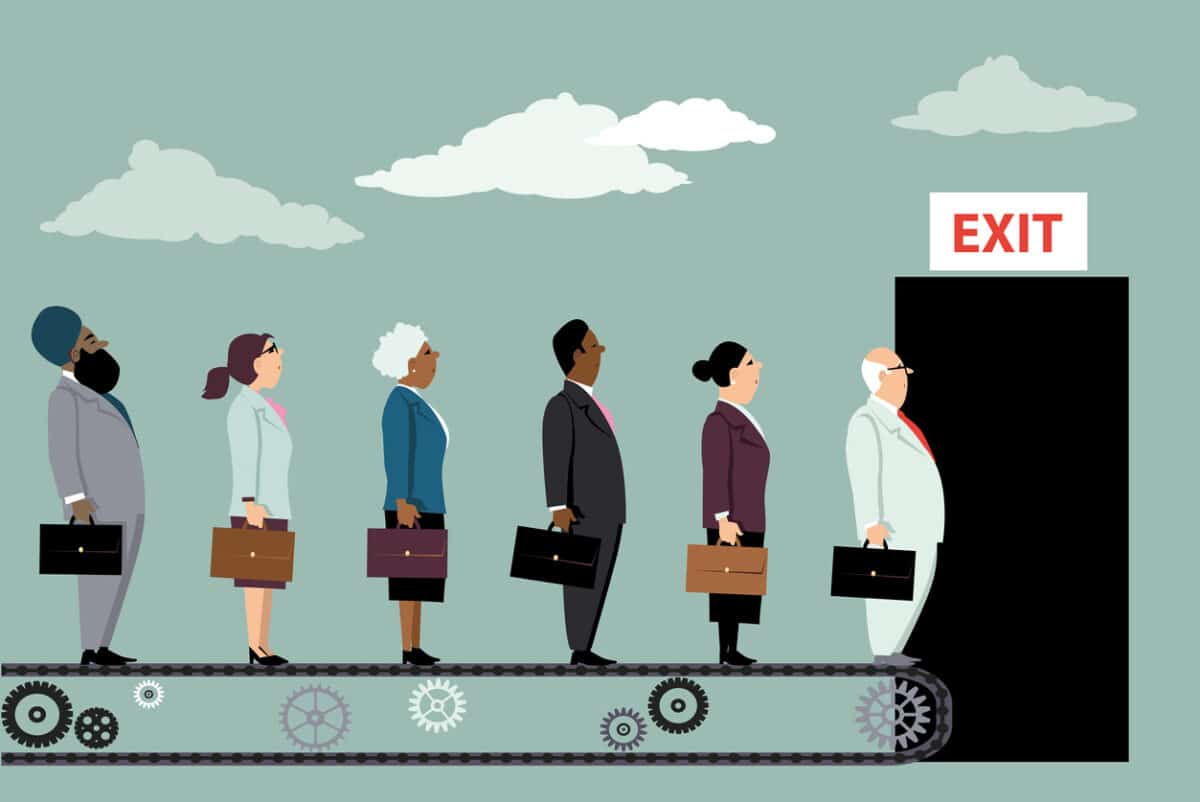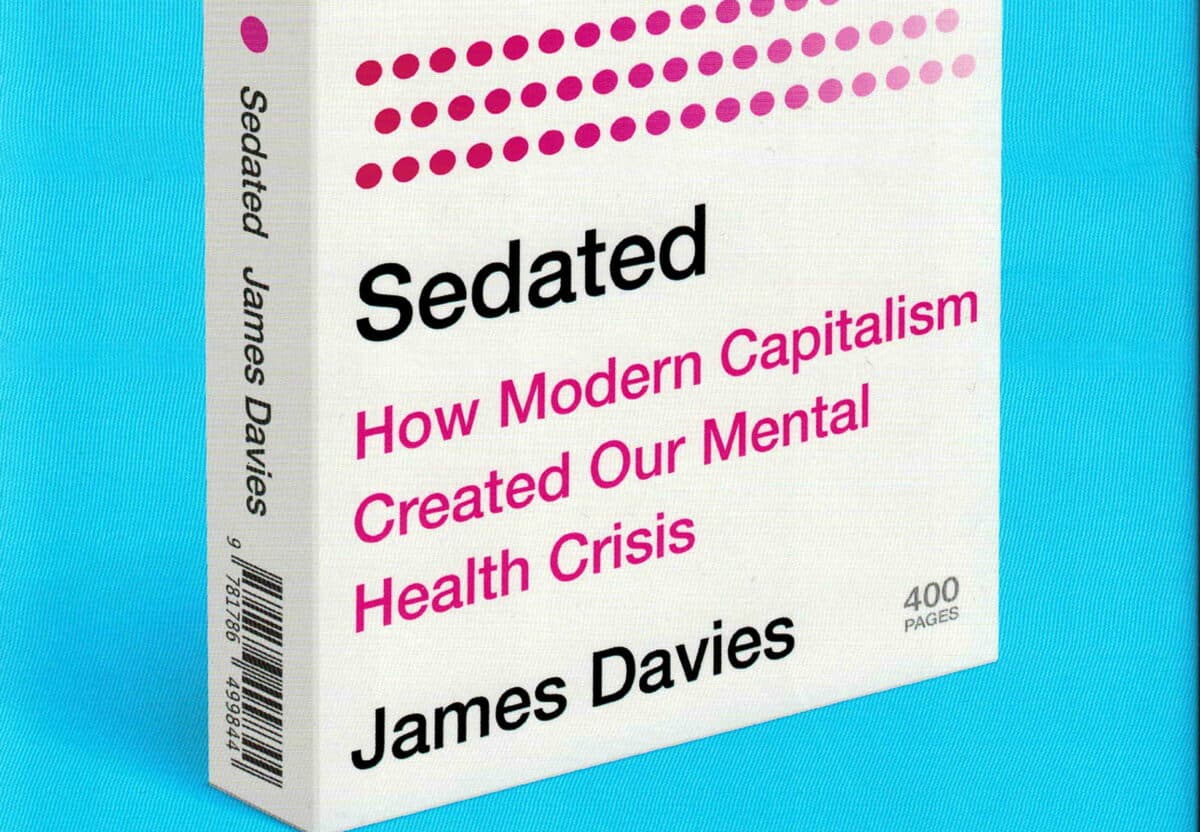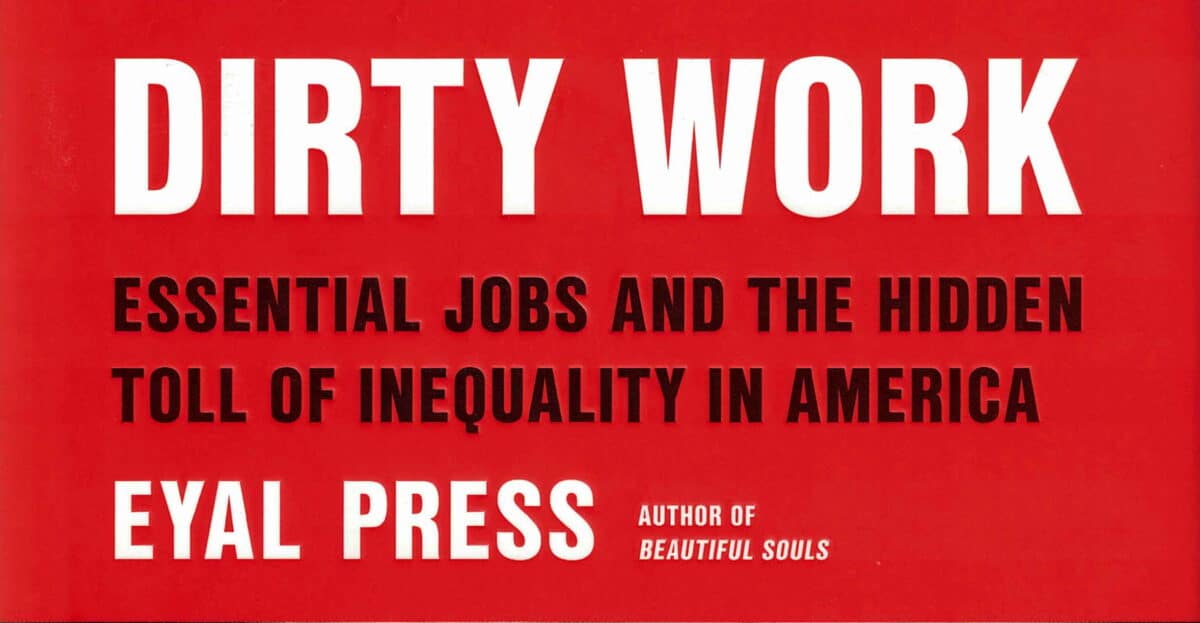Late last year, lawyer Michael Tooma and epidemiologist Mary-Louise McLaws published “Managing COVID-19 Risks in the Workplace – A Practical Guide”. Given how COVID-19 is developing variants, one would think that such a hard copy publication would date. However, the book is structured on the occupational health and safety (OHS) obligation of managing risks, and whether the variant is Delta, Omicron or Omega (if we get that far), the OHS principles and risk management hold up.
Category: health
We know how to prevent burnout but we have little desire to change
Probono Australia is reporting that employee burnout is on the rise. Burnout is increasingly being used as an alternative term for mental ill-health or stress at work. The report on which the writer based their article is not surprising, but the recommendations are. The subheading for the article is:
““Structural and cultural shifts, not wellness initiatives, are needed to address the chronic workplace stress of burnout.”
But the article also pulls together other workplace mental health factors:
“The rise of digitisation has brought with it a need to ‘always be on’ and, with that, employee work-life balance has become harder to maintain. It was this type of ‘24/7 access to employees’ thinking, the study found, that led to burnout.”
Australia’s Prime Minister shows his ineffectiveness on OHS and COVID
Pragmatism was a theme of yesterday’s blog article. On January 19 2022, Prime Minister, Scott Morrison, showed political pragmatism in his press conference. His comments could create more discomfort between State and Federal jurisdiction and more occupational health and safety (OHS) confusion for business owners and employers.
Where do you see yourself in five years’ time?
Occupational health and safety (OHS) laws continue to be relevant even when operating in a time of a highly infectious pandemic, but they are increasingly sidelined.
At the moment there are labour shortages in Australia because of the large number of workers infected, and affected, by the Omicron variant of COVID-19; a shortage exacerbated by the varying isolation and testing regimes applied by the Federal and State governments. It is a bit of a mess.
It is worth reminding ourselves that employers have a duty to proved a safe and healthy work environment with the support of employees. Employees are obliged to not allow hazards to be brought to work. At the moment, some employees are being encouraged or required to return to work if they are showing no COVID-19 symptoms; if they are asymptomatic. But everyone knows from experience and official advice over the last two years that asymptomatic people can continue to be infectious. Requiring workers to return to work, as seemed to be happening at one South Australian worksite, while still potentially infectious seems contrary to both the employer’s and employee’s OHS obligations.
A good job is also a safe job
At the moment, “The Great Resignation” remains a United States phenomenon, but part of that movement involves a reassessment of one’s job. Is it a good job? Is it meaningful work? Is it a good job now but likely not in the future? I would include my occupational health and safety perspective (OHS) and ask if it is a safe job, but I accept that my perspective is far from universal.
Recently Sarah O’Connor wrote in the Financial Times about the importance of having a decent boss. She wrote that
“Economists are increasingly of the opinion that the quality of jobs matter as much as their quantity”
Ethical Socialism and OHS
Every political leader on the progressive side, or Left, of politics, must address their relationship to Socialism. Recently The Guardian discussed this concerning the UK Labour leader Keir Starmer but the topic has relevance to Australia as several elections are scheduled for 2022. It is also important in understanding the ideological base of these prospective leaders as it is from this that progress on occupational health and safety (OHS) will emerge.
In a recent book “Sedated: How Modern Capitalism Created Our Mental Health Crisis“, UK academic Dr James Davies provides a valuable first-hand experience of the denial, or avoidance, of social obligations and the transference of responsibility to individuals in the context of Mental Health First Aid.
Australia needs its own Dirty Work
Eyal Press recently published “Dirty Work: Essential Jobs and the Hidden Toll of Inequality in America.” One of Press’s contentions is that coronavirus has brought the invisible workers who do our dirty jobs into view. These are now considered “essential workers” but are still subjected to the inequality and poor working conditions that rendered them invisible to the rest of society, to those who benefit from the services and products of the invisible dirty workers.
Although this blog’s theme is occupational health and safety (OHS), Press’ description of “dirty work” is an important perspective on work generally:
“The familiar, colloquial meaning of “dirty work” is a thankless or unpleasant task. In this book, the term refers to something different and more specific.
pages 11-12, reformatted to emphasis the definition elements
First, it is work that causes substantial harm either to other people or to nonhuman animals and the environment, often through the infliction of violence.
Second, it entails doing something that “good people” – the respectable members of society – see as dirty and morally compromised.
Third, it is work that is injurious to the people who do it, leading them either to feel devalued and stigmatized by others or to feel that they have betrayed their own core values and beliefs.
Last and most important, it is contingent on a tacit mandate from the “good people,” who see this work as a necessary part of the social order but don’t explicitly assent to it and can, if need be, disavow responsibility for it. For this to be possible, the work must be delegated to other people, which is why the mandate rests on an understanding that someone else will handle the day-to-day drudgery.”

